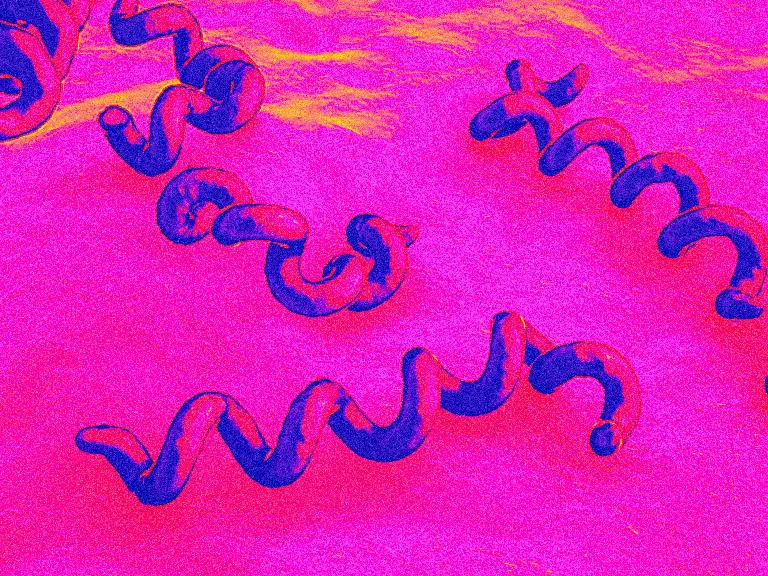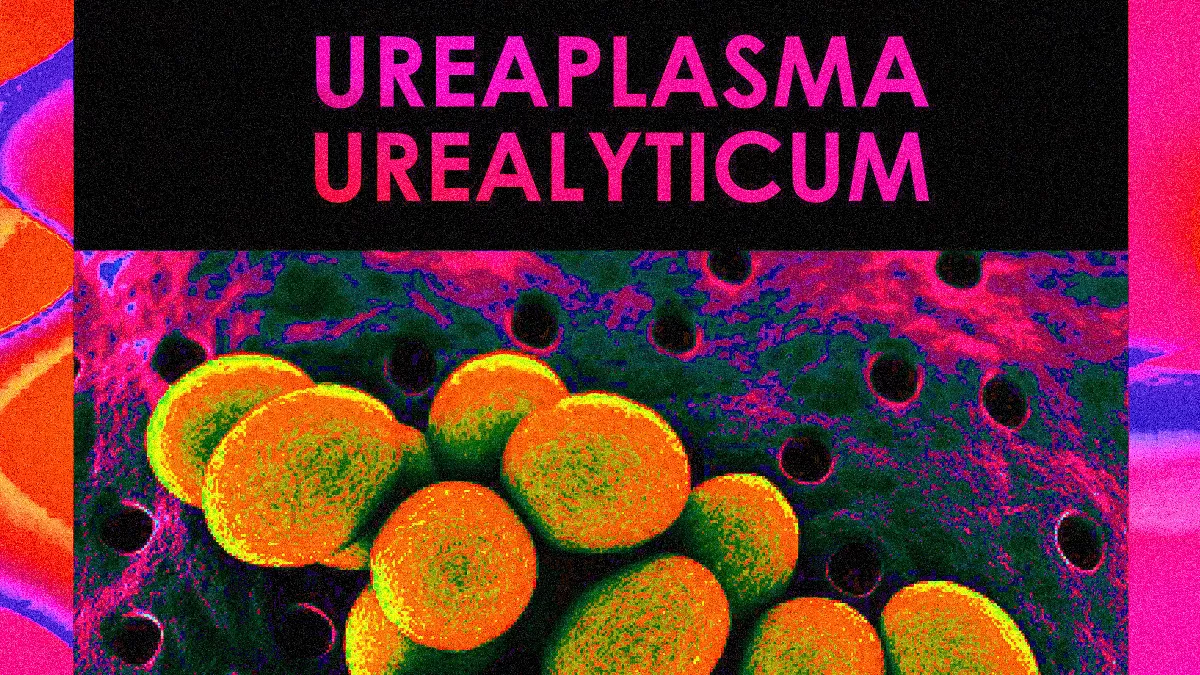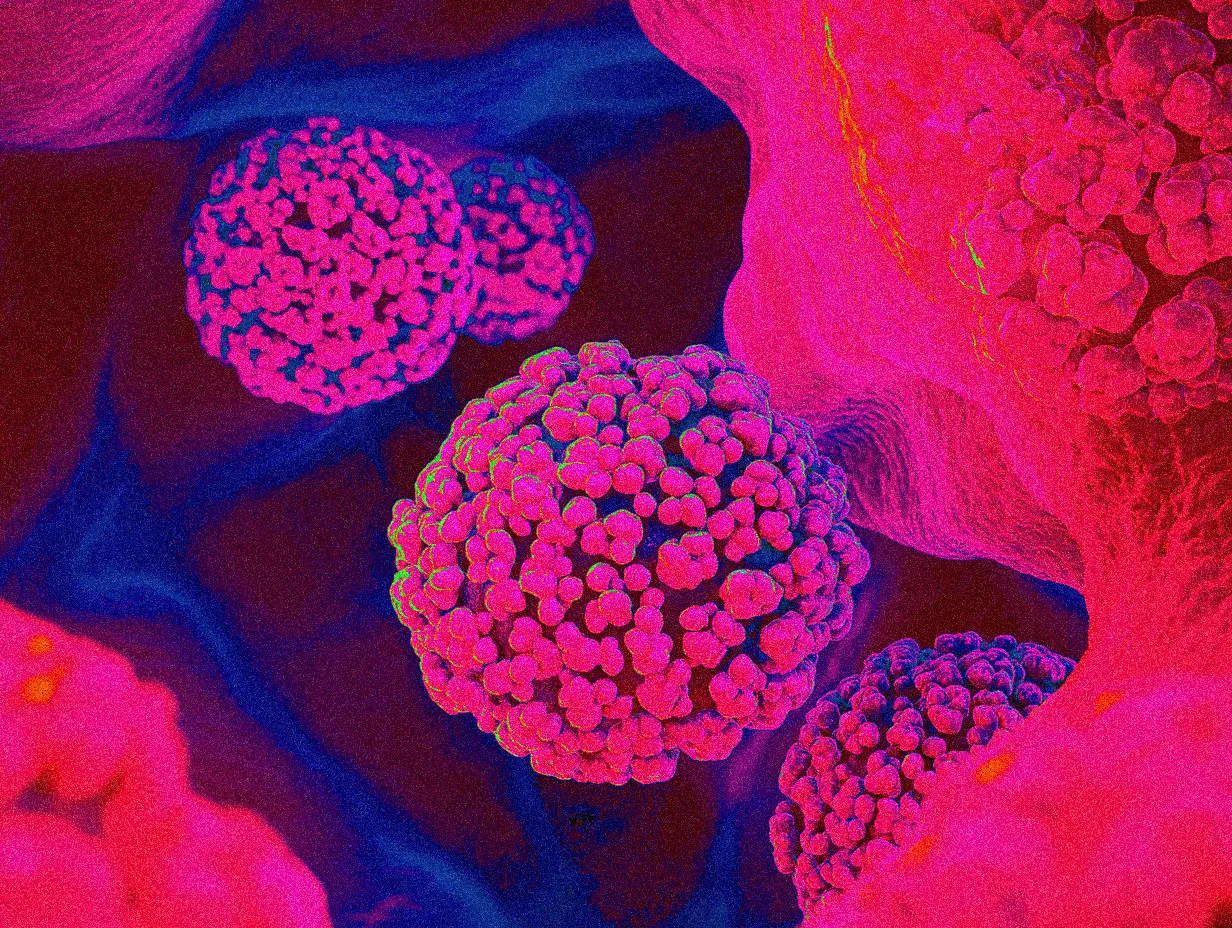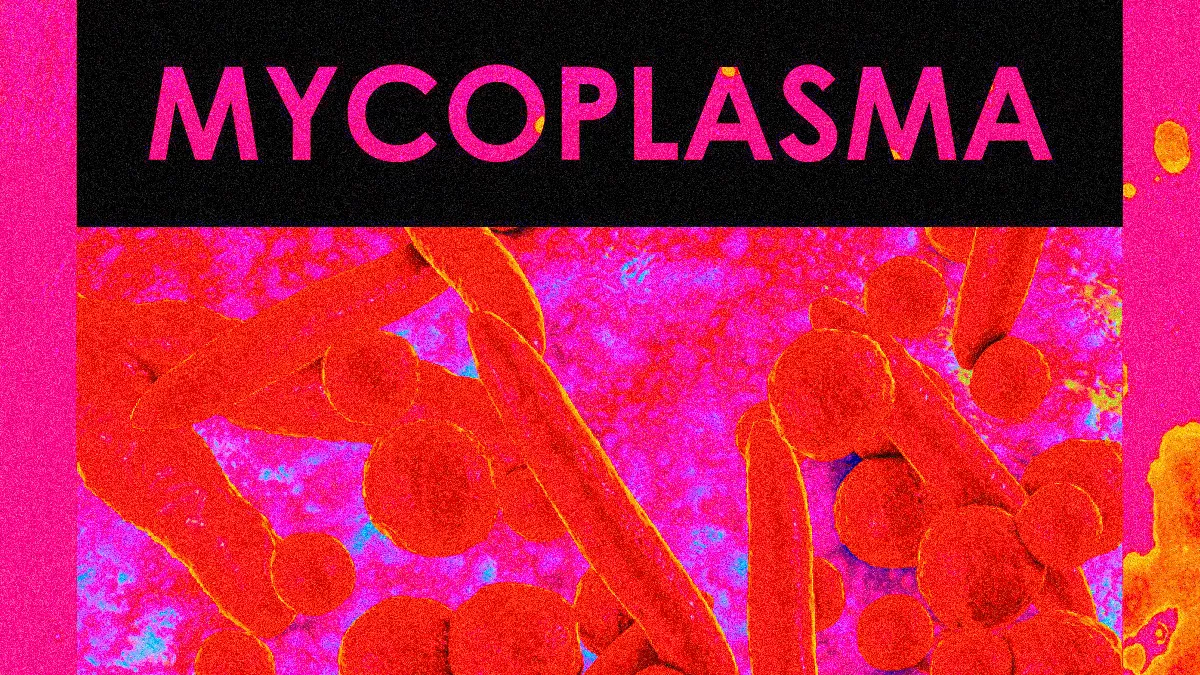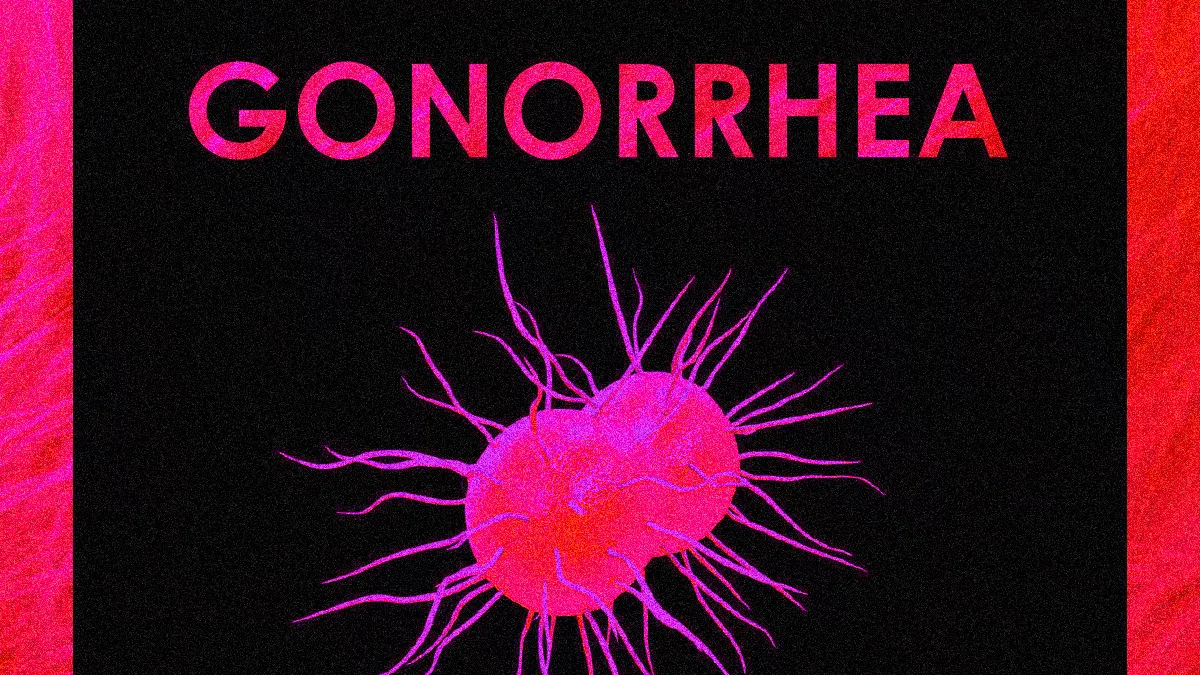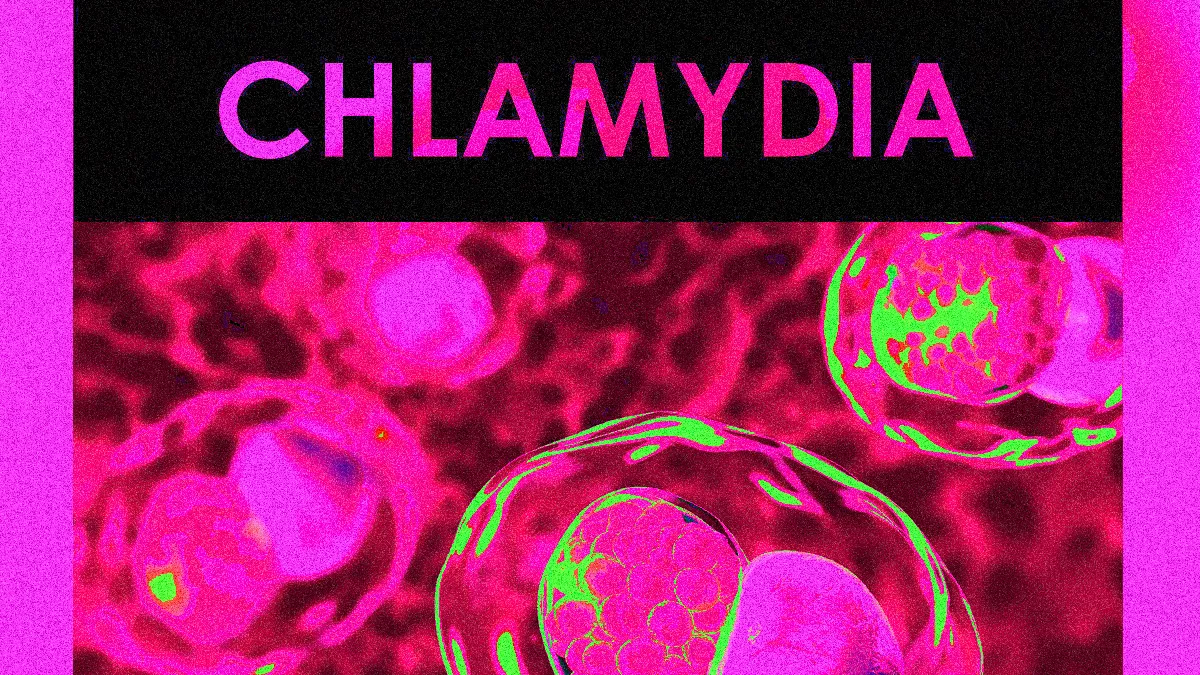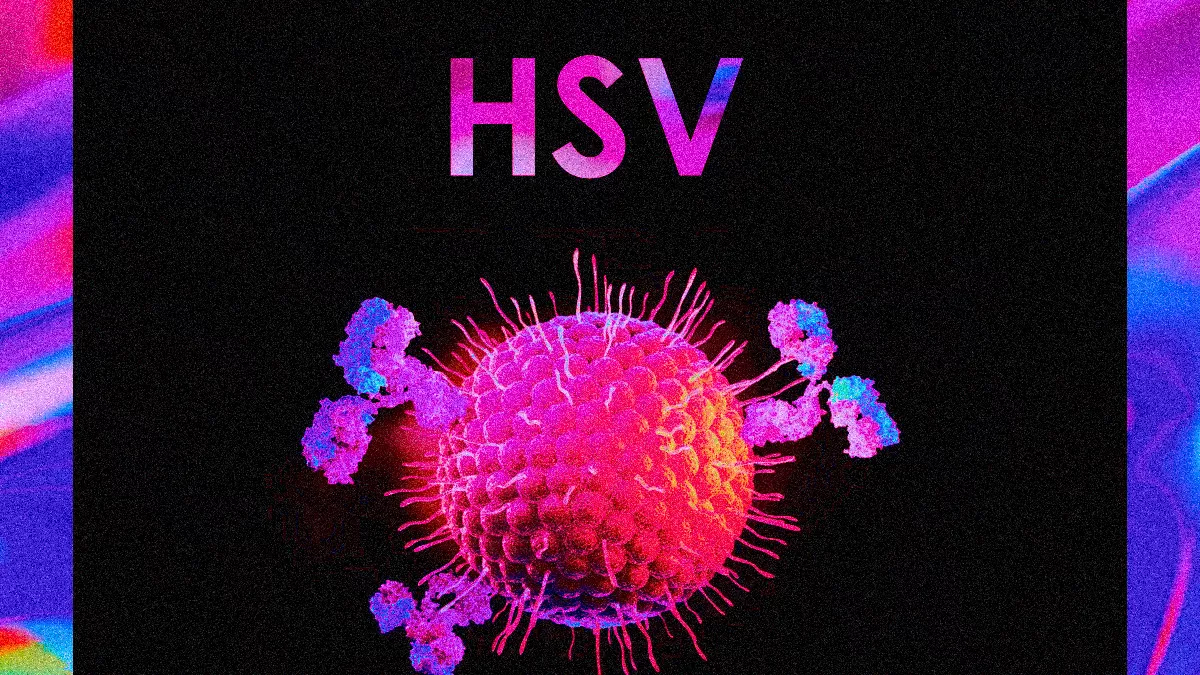Syphilis Explained: Causes, Testing, and Effective Treatment Options
48855
Syphilis is an STD that can cause long-term complications if not treated correctly. Learn more about its symptoms, how to test, and if it's curable.

Syphilis Explained: Causes, Testing, and Effective Treatment Options
Syphilis Test Promotion at PULSE Clinic
| Package | Special Price |
| HIV + Syphilis + HCV Screening | 1,100 THB |
| HIV + Syphilis + HCV + HBV (Antigen & Antibody) Screening | 2,200 THB |
STD Testing Price List at PULSE Clinic
| Items | Waiting Time | Sensitivity | Specificity | Price |
| HIV 3rd Gen | 15 Min | 99.91%-100% | 97.96%-100% | 590 THB |
| HIV 4th Gen | 20 Min | 100% | 99.72% | 1,390 THB |
| Syphilis | 15 Min | 100% | 100% | 590 THB |
| Hepatitis B | 15 Min | 98.40% | 99.60% | 690 THB |
| Hepatitis C | 15 Min | 96.10%-99.90% | 94.50%-99.40% | 900 THB |
Contact us at info.bkk@pulse-clinic.com or chat on your preferred platform:
![]() +66 65 237 1936
+66 65 237 1936  @PULSEClinic
@PULSEClinic ![]() PulseClinic
PulseClinic
What is Syphilis?
Syphilis is an STD that can cause long-term complications if not treated correctly. Symptoms in adults are divided into stages. These stages are primary, secondary, latent, and late syphilis.
Why is HIV Often Tested Together with Syphilis?
Doctors usually recommend testing for HIV along with other STIs, especially syphilis. Testing for syphilis alongside HIV is common practice, as syphilis can be diagnosed using blood samples. Syphilis is also more likely to cause sores and blisters on your body, which can increase your susceptibility to other STIs.
Some STIs can cause sores and blisters in areas exposed to sexual activity, making it easier for HIV infection to occur. Knowing your status for other STIs not only helps you get the right treatment but also allows you to assess your risk of HIV transmission more effectively.
How Long Should I Wait Before Getting a Syphilis Test?
Stages of Syphilis
The symptoms of syphilis in adults can be divided into stages
Primary Stage
During the primary stage, a sore (chancre) usually painless develops at the site where the bacteria enter the body. This commonly occurs within 3 weeks of exposure but can range from 10 to 90 days. A person is highly contagious during the primary stage.
- In men, a chancre often appears in the genital area, usually (but not always) on the penis. These sores are often painless.
- In women, chancres can develop on the outer genitals or the inner part of the vagina. A chancre may go unnoticed if it occurs inside the vagina or at the opening to the uterus (cervix) because the sores are usually painless and are not easily visible.
- Swelling of the lymph nodes may occur near the area of the chancre.
- A chancre may also occur in an area of the body other than the genitals.
- The chancre lasts for 3 to 6 weeks, heals without treatment, and may leave a thin scar. But even though the chancre has healed, syphilis is still present and a person can still pass the infection to others.
During the first (primary) stage of syphilis, you may notice a single sore, but there may be multiple sores. Primary syphilis occurs 10-90 days after contact with an infected individual. It manifests mainly on the glans penis in males and on the vulva or cervix in females. Ten percent of syphilitic lesions are found on the anus, fingers, oropharynx, tongue, nipples, or other extragenital sites. Regional non-tender lymphadenopathy follows invasion. The sore is the location where syphilis entered your body. The sore is usually firm, round, and painless. Because the sore is painless, it can easily go unnoticed. The sore lasts 3 to 8 weeks and heals regardless of whether or not you receive treatment. Even though the sore goes away, you must still receive treatment so your infection does not move to the secondary stage.
Secondary Stage
Secondary syphilis is characterized by a rash that appears from 2 to 8 weeks after the chancre develops and sometimes before it heals. Other symptoms may also occur, which means that the infection has spread throughout the body. A person is highly contagious during the secondary stage.
A rash often develops over the body and commonly includes the palms of the hands and the soles of the feet.
- The rash usually consists of a reddish brown, small, solid, flat, or raised skin sore or sores that are less than 2 cm (0.8 in.) across. The rash may look like other, more common skin problems.
- Small, open sores may be present on mucous membranes. The sores may contain pus, or moist sores that look like warts may be present (condyloma lata).
- In dark-skinned people the sores may be a lighter color than the surrounding skin.
The skin rash usually heals without scarring within 2 months. After healing, skin discoloration may develop. But even though the skin rash has healed, syphilis is still present, and a person can still pass the infection on to others.
When syphilis has spread throughout the body, the person may have:
- A fever is usually less than 101°F (38°C).
- A sore throat.
- A vague feeling of weakness or discomfort throughout the body.
- Weight loss.
- Patchy hair loss, especially in the eyebrows, eyelashes, and scalp hair.
- Swelling of the lymph nodes.
- Nervous system symptoms of secondary syphilis, which can include neck stiffness, headaches, irritability, paralysis, unequal reflexes, and irregular pupils.
During the secondary stage, you may have skin rashes and/or sores in your mouth, vagina, or anus (also called mucous membrane lesions). This stage usually starts with a rash on one or more areas of your body. The rash can show up when your primary sore is healing or several weeks after the sore has healed. The rash can look like rough, red, or reddish brown spots on the palms of your hands and/or the bottoms of your feet. The rash usually won’t itch, and it is sometimes so faint that you won’t notice it. Other symptoms you may have can include fever, swollen lymph glands, sore throat, patchy hair loss, headaches, weight loss, muscle aches, and fatigue (feeling very tired). The symptoms from this stage will go away whether or not you receive treatment. Without the right treatment, your infection will move to the latent and possibly late stages of syphilis.
Latent (hidden) Stage
If untreated, an infected person will progress to the latent (hidden) stage of syphilis. After the secondary-stage rash goes away, the person will not have any symptoms for a time (latent period). The latent period may be as brief as 1 year or range from 5 to 20 years.
Often, during this stage, an accurate diagnosis can only be made through blood testing, the person's history, or the birth of a child with congenital syphilis.
A person is contagious during the early part of the latent stage and may be contagious during the latent period when no symptoms are present.
Relapses of Secondary Syphilis
About 20 to 30 out of 100 people with syphilis have a relapse of the secondary stage of syphilis during the latent stage. A relapse means the person had passed through the second stage, had no symptoms, and then began to experience secondary-stage symptoms again. Relapses can occur several times.
When relapses no longer occur, a person is not contagious through contact. However, a woman in the latent stage of syphilis may still pass the disease on to her developing baby and may have a miscarriage, a stillbirth, or give birth to a baby infected with congenital syphilis.
Tertiary (late) Stage
This is the most destructive stage of syphilis. If untreated, the tertiary stage may begin as early as 1 year after infection or at any time during a person's lifetime. A person may never experience this stage of the illness.
The symptoms of tertiary (late) syphilis depend on the complications that occur. Complications of this stage include:
- Gummata, which are large sores inside the body or on the skin.
- Cardiovascular syphilis, which affects the heart and blood vessels.
- Neurosyphilis, which affects the nervous system.
Trust PULSE CLINIC to take care of your health like other 45000 people from over 130 countries. We provide discreet professional service with high privacy. Here to help, not to judge.
Is Syphilis Curable?
Yes, syphilis can be cured with the right antibiotics from your healthcare provider. However, treatment will not undo any damage that the infection has already done. Get treatment for syphilis early can help improve the result of your treatment and reduce the risks of long term health complications.
How is Syphilis Treated?
Contact us at info.bkk@pulse-clinic.com or chat on your preferred platform:
![]() +66 65 237 1936
+66 65 237 1936  @PULSEClinic
@PULSEClinic ![]() PulseClinic
PulseClinic

Should I Also Test for Other STDs?
If you have been at risk of HIV exposure then it is very likely that you have been exposed to other STDs. Because of this, we highly recommend that you also screen for other STDs such as Syphilis, Gonorrhea, Chlamydia, Hepatitis, Herpes and Warts.
- Rapid Test for HIV, Syphilis, and Hepatitis B/C Virus
- PCR28 Comprehensive STD Test for 28 Infections
- HPV (Human Papilloma Virus) DNA Testing for Men and Women
- HPV Thin Prep for Cervical Cancer Screening in Women
You might also want to consider some preventive methods to help reduce the risk of STD transmission, especially in people who already have a history of having an infection. For example, HIV PrEP is a highly effective method in HIV prevention, DoxyPEP for bacterial STI, or getting HPV vaccines for 100% protection against 9 dangerous strains of HPV.
Get our PCR Multiplex DNA Test for 28 Infections to cover all the possibilities! 




Our STD PCR Multiplex test offers advanced technology to detect up to 28 infections, including Gonorrhea, Chlamydia, Syphilis, Herpes Simplex, Trichomonas, and Candida strains, all in one test. It can identify infections in various anatomical areas, such as the throat, urethra, anorectal region, vagina, cervix, sperm, and skin lesions. For urethral infections, the Urine PCR is recommended, while the Throat Swab PCR is ideal after oral sex. Anal Swab PCR is advised for unprotected anal sex, and the Vaginal Swab PCR is recommended for vaginal sex, with staff guidance available for all tests.
| PCR for 28 Infections (STD Multiplex) | Online results | |||
| Same day** | Next day | 3 days | 7 days | |
| Throat | 14,000 THB | 11,600 THB | 10,480 THB | 9,200 THB |
| Urine | 14,000 THB | 11,600 THB | 10,480 THB | 9,200 THB |
| Anal Swab | 14,000 THB | 11,600 THB | 10,480 THB | 9,200 THB |
| Vaginal Swab | 14,000 THB | 11,600 THB | 10,480 THB | 9,200 THB |
| Cervical Swab | 14,000 THB | 11,600 THB | 10,480 THB | 9,200 THB |
| Sperm | 14,800 THB | 12,640 THB | 11,600 THB | 10,080 THB |
| Skin Lesion Swab | 14,000 THB | 11,600 THB | 10,480 THB | 9,200 THB |
| Pooling | 15,600 THB | 13,280 THB | 12,400 THB | 10,800 THB |
| PCR for 2 Infections (Gonorrhea/Chlamydia) | Same day | Next day | 3 days | 7 days |
| Throat | 5,690 THB | 4,990 THB | 3,990 THB | 3,300 THB |
| Urine | 5,690 THB | 4,990 THB | 3,990 THB | 3,300 THB |
| Vaginal and Cervical Swab | 5,690 THB | 4,990 THB | 3,990 THB | 3,300 THB |
| Rectal Swab | 5,690 THB | 4,990 THB | 3,990 THB | 3,300 THB |
| Sperm* | 6,200 THB | 5,150 THB | 4,100 THB | 3,690 THB |
| Skin lesion Swab | 5,690 THB | 4,990 THB | 3,990 THB | 3,300 THB |
PULSE Teleconsult: Connect with Doctors Anytime, Anywhere!
Sometimes you might not be able to go to a STD clinics when you have concerns about your health. PULSE now offers PULSE Telemedicine & Teleconsult, enabling both new and existing patients to connect with doctors from 16 branches across 6 countries during clinic hours for non-emergency consultations. After the consultation, medications are delivered directly to the patient's doorstep.
3 Easy Steps to Get a Teleconsult with PULSE!
- Connect with us Either on Whatsapp, Line App to Chat with us or call us to talk with our staff to request teleconsult
- Verification & Consultation Our team will guide you through the verification process before your online consultation. Our doctors provide virtual consultations via available platforms, just like a traditional visit—only from the comfort of your home! Access care anywhere, anytime.
- Get Your Treatment From Home! If your doctor determines that medication is necessary, they will provide you with a medical certificate and prescription. Your medication can be delivered to your address through our online delivery service, or in some cases, you may choose to use the prescription at a local pharmacy. For certain conditions, further lab tests may be required, and the doctor may recommend scheduling an appointment at one of our clinics near you!
Test of Cure After Treatment with Our Teleconsult Services: Ensuring Complete Recovery
After completing treatment through our teleconsult services, your doctor may recommend a PCR test as a follow-up test of cure. This is to ensure the effectiveness of the treatment and that the prescribed medication has successfully eliminated the infection. We prioritize your health by confirming that no infection remains in your system, helping to prevent persistent or recurrent infections, complications, or the development of drug resistance. Typically, this test is performed around three weeks after your final day of treatment to ensure optimal results.
Teleconsult is now available for booking through our staff at PULSE Clinic. Our team will help guide you through the process to ensure your session with one of our doctors goes as smoothly as possible for you. Contact us at info.bkk@pulse-clinic.com or chat on your preferred platform:
![]() +66 65 237 1936
+66 65 237 1936  @PULSEClinic
@PULSEClinic ![]() PulseClinic
PulseClinic
Add us on Line and stay in touch.
Loading...
Clinic Locations
Loading...



